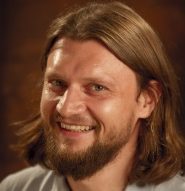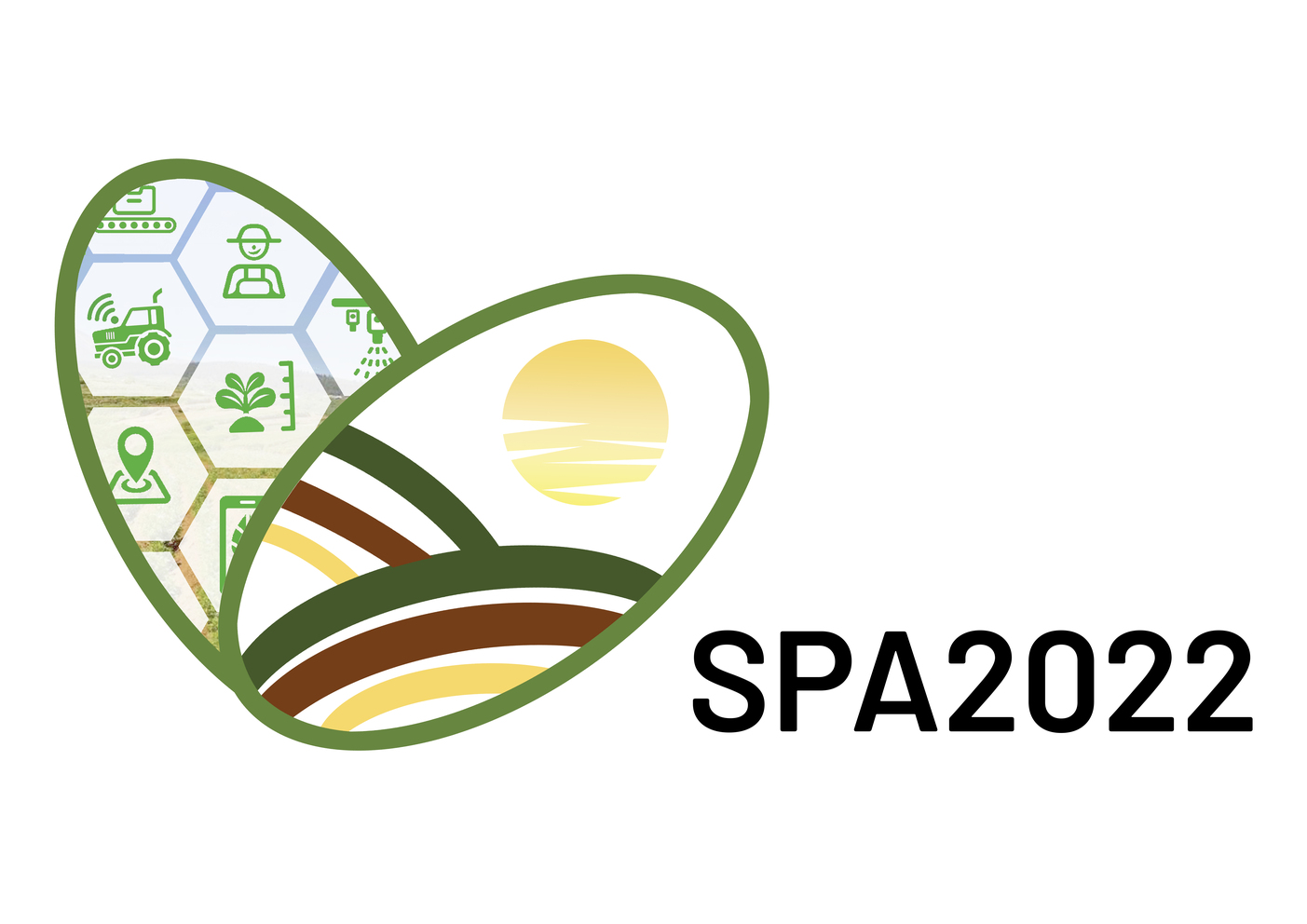
Prof. Lukas Spíchal
- Univ Palacky, Olomuc, Czech Republic
In 2002 obtained MSc. in biology and chemistry, a high-school teaching program Palacký University in Olomouc; and 2005 Ph.D. in Biology at the same place. He spent in total of 1.5 years of research stays at Free University, Berlin, Germany (2002-2012). After Ph.D. studies, he worked at Laboratory of Growth regulators, Faculty of Science UP Olomouc and Institute of Experimental Botany AS CR (2005-2019).
From 2010 he worked as a senior researcher at the Centre of the Region Haná for Biotechnological and Agricultural Research, Palacký University, where from 2021 continues as a leader of a research group Phenotyping within Czech Advanced Technology and Research Institute (CATRIN).
His scientific interest covers chemical biology of plant hormones, development of agrochemicals and technologies for plant growth regulation, high-throughput bioassaying and automated plant phenotyping (WoS: 88 publications, > 2400 citations, h-index 28, > 30 granted patents). In 2012 he was awarded by prize „The best R&D team competition“ at international Bioforum, Brno, Czech Republic.
Lukáš Spíchal, has been the main applicant and co-applicant of 4 national grants for basic and applied research. In 2017 he founded the Czech Plant Phenotyping network (CzPPN), he is its coordinator and Czech representative in the Support Group of ESFRI project EMPHASIS. He is also a member of the Technical commission CEN/TC 455 „Plant Biostimulants“ at European Standardization Committee (CEN).
In 2011 he co-founded and is CEO of spin-off company AgroBioChem, s.r.o., closely collaborating with Palacký University on research and development of new technologies and products for regulation of plant growth and development.
Session
-
Plant phenotyping approaches in biostimulant research and development
Commercial interest in biostimulants as a tool for sustainable green economics and agriculture concepts is on a steep rise, being followed by increasing demand to employ efficient scientific methods to develop new products and understand their mechanisms of action. Biostimulants represent a highly diverse group of agents derived from various natural sources. A critical point […]
